Frozen giant: Putin's options, one year into the Ukraine war.
The key to gaming out what Putin will do is to see him in the context of Russian rulers of the past.
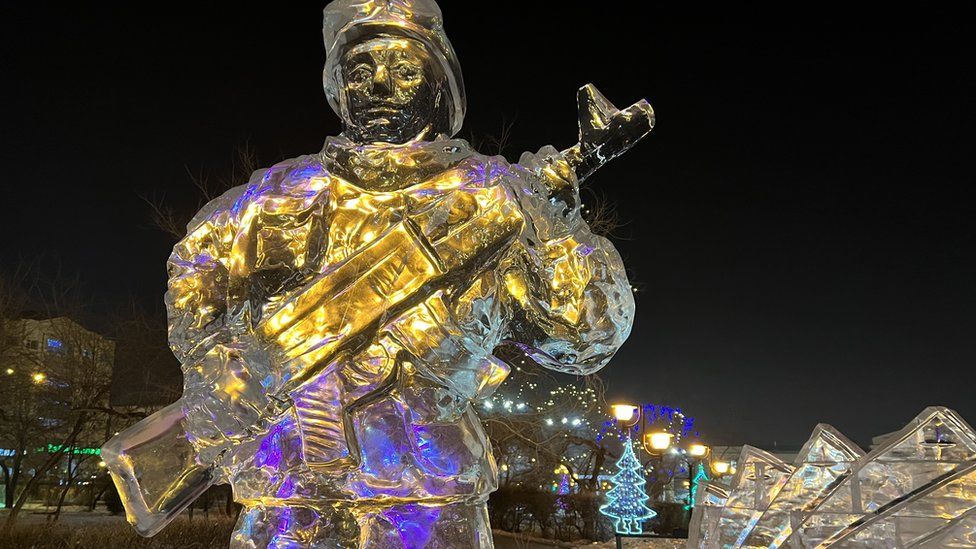
This post is an example of the kind of article that will, in March 2023, be available to paid subscribers (once that tier launches).
One year ago today, on February 24, 2022, Russia launched its invasion of Ukraine. The war has been in the headlines ever since, with varying degrees of prominence. It has been said so much more often about wars throughout history than not, "No one expected it would last this long!" Vladimir Putin, Russia's mercurial dictator, certainly did not; by some accounts his military advisers told him the Russian Army would achieve total victory in a mere four days. It's hard to know how many people have been killed in this vicious and needless conflict. Some estimates put Russia's casualties at 100,000 dead or wounded, with probably similar numbers in Ukraine, and millions have fled the war-torn country. Undoubtedly this war is the most destructive military conflict on the European continent since World War II. And there's no end in sight. But we might, with the benefit of some historical context, make some reasonable suppositions about what the future of the Russia-Ukraine war might look like, and what Putin's options are after a year of him not getting what he wanted.
I've studied Putin. I even have an online class about him on my website (which was completed before the Ukraine invasion, so it probably does need an update). My rule on evaluating Putin and his actions, which has not changed in the past year, is this: the key to understanding Putin's behavior is to look at patterns of Russian rulers of the past. Putin is in no way an outlier, an anomaly, or an aberration in Russian history. He's absolutely consistent with Russian autocrats stretching back to the tsars. Comparisons made by journos and pundits tend to put him up next to Hitler, which is not a very good comparison, or sometimes Stalin, which is at least closer but still misses a lot. Then again, most journos and pundits writing about the Ukraine war today probably don't know who Ivan IV, Alexander I or Alexander III are, and all they know about Nicholas II is he got shot in a basement in 1918. Putin sees himself as a tsar. He always has. And he'll treat the ongoing Ukraine war going forward as other tsars have handled lengthy conflicts that didn't go as planned, whether they started them or not. What I think he will do is this: he'll continue the war as long as he can, hoping that something in the outside world changes the balance of the conflict so he can win, or at least avoid losing badly. Will it work? There's no way to tell, but he'll definitely try.
The key to understanding Putin's behavior is to look at patterns of Russian rulers of the past.
I'm not a military analyst, and as a historian I generally don't keep track of tank battalions or missile strikes. But it seems clear to me that neither Russia nor Ukraine can force an end to this war by their own means. There's been a lot of talk about Russia calling up reserves, new offensives, more and more desperate measures to keep the pressure on the battle fronts, and I'm sure those things will happen. Will they mean a Russian victory? No, I don't think they will. If Putin had the manpower to crush the Ukrainians once and for all, he'd have used it by now. The Russian Army has been generally poor in battle and even worse at logistics. At least some of their commanders probably did think they could win in four days, but now that they know they can't, they're stuck. But they're not on the verge of collapse either. Putin can probably keep them in the field for quite some time to come. He was at war in the Donbas region for eight years before the 2022 invasion. Similarly, although Western weapons and aid certainly help Ukraine, and I hope they continue, I doubt they'll be decisive on their own. Ukraine will hold out, which means the war will continue. I wouldn't be surprised if it goes on for several more years.
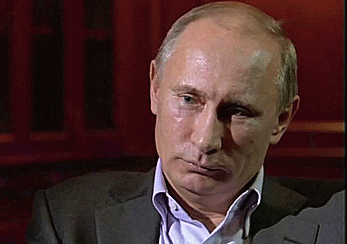
So, Putin is in a bind: he can't win, but he can't quit either. He will not withdraw. He will not negotiate. He can't. To do so would be to give up on the one overarching goal of his reign since he took power in 1999, which is to reassemble the old tsarist-era Russian Empire that shattered with Communism fell. As I said in my online class, Putin wants to control everything that is, or ever was, part of Russia. Ukraine was part of the tsarist Russian Empire, and was also part of the Soviet Union. Putin is not a Communist and he's not pursuing this course for ideological reasons. He sees himself as a Russian ruler, and he intends to bring the breakaway provinces back into the Russian Empire by any means necessary. The fact that they see themselves as independent countries--which, in fact, they are--is irrelevant to him. This is why he spends so much time denying that Ukraine is a separate nation, a refrain he reiterated on the day of the invasion a year ago. If he had capped off Ukraine in four days as he intended, his next target may have been the Baltic republics. Thankfully he probably won't get around to those in his lifetime, but they're all on his wish list.
What Putin can do is hope that something in the world outside Russia will change and offer him an advantage. The number one thing he'd love to see would be Donald Trump returned to the White House in 2025, or perhaps some other neofascist Republican who will undoubtedly be anti-Zelensky and pro-Putin because Trump was. That'll at least mean the immediate end of military and diplomatic support for Ukraine. Maybe--maybe--Putin can win in Ukraine without Western missiles and aid backing up Zelensky, though I very much doubt it. Ukraine has shown the world that they have an enormous capacity for resistance that goes far beyond anything you can see on a spreadsheet. But cutting out Western support for Ukraine would afford Putin a much better chance than he'd have otherwise.
Putin would also love to see Europe further weakened and divided, perhaps by an economic and/or political collapse of the UK, which is not that far-fetched given the dire straits they've been in post-Brexit. Anything that weakens the European Union or NATO inures to Putin's benefit. Russian rulers have long mastered the tactic of waiting for their adversaries to fall out among each other. Byzantine rulers, whom the Russians imitated for centuries, often resorted to that when they were out of options. Sometimes it worked. Putin could also hope for Western powers to enter into some conflict with China, which might be an economic conflict like a trade war or perhaps even a military one over Taiwan or North Korea. I don't think that's likely, but if it happened Putin would take advantage of the chaos.
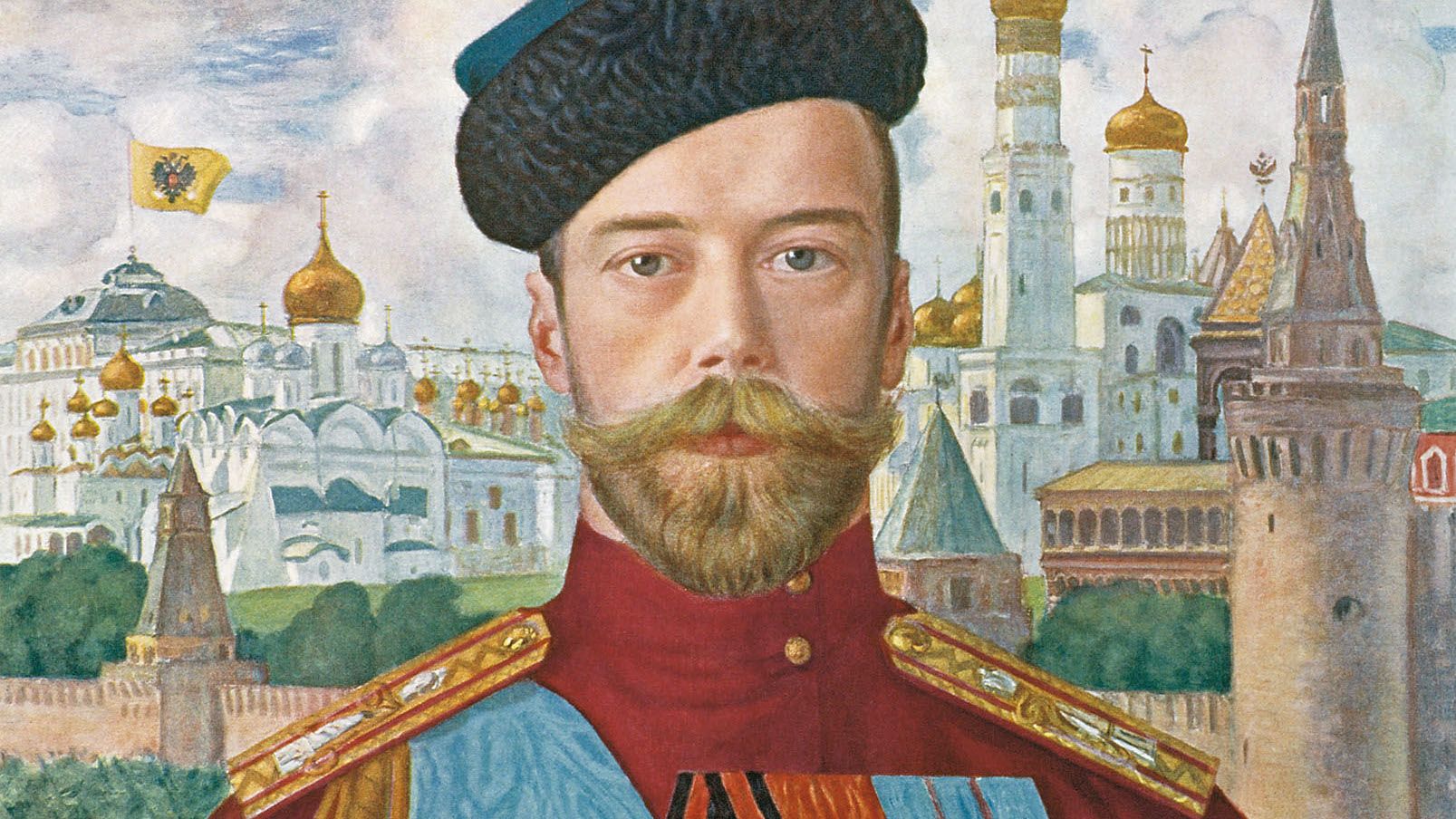
There is one factor Putin has in his favor, and that's time. Most of his adversaries in the West are presidents or parliamentary prime ministers, subject to elections, term limits and shifting tides of domestic politics. Putin, on the other hand, will remain in charge in Russia until the end of his natural life, and he doesn't give a rat's ass who his successor is. Notice that he has not groomed a political protégé or one of his children as the next Russian leader. In this sense, a Stalin comparison is apposite. Stalin didn't care either who followed him as Soviet leader because he knew that whatever he accomplished in his lifetime, he couldn't take it with him. The tsars had heirs to whom they had to bequeath the Russian Empire and the powers of the monarchy. Putin is uniquely unconstrained by the future, so if things go badly for him on the battlefield and he can at least hold on a while longer, things might, and probably will, change in his favor eventually.
Though he loves to threaten and get the West wondering whether he's that crazy, I doubt Putin will use nuclear weapons in Ukraine. That's not because I credit him with any scruples. He has none. It's that deploying a nuke, even a battlefield or "tactical" nuclear device, would so scramble the geopolitical world order that it would be a risky move to try before he could figure out how to spin the chaos to his advantage. Putin going nuclear might well galvanize NATO into direct military action on behalf of Ukraine, a step that, right now, they very much want to avoid. Putin must also be careful what he decides to nuke in a country he eventually wishes to own and to force to grow Russia's food, as it did in the tsarist and Soviet periods. But Putin did learn much from Richard Nixon's "mad bomber" theory of foreign policy, so when the news cycle gets slow don't be surprised if he makes the occasional ominous rumble about using nukes.
I think the world is in for a very long haul on Ukraine. Historically, wars tend to last much longer than anyone thinks they will or should. I wouldn't be surprised if the war is still going on five, seven or even ten years from now. (The United States was at war in Iraq for eight years, on a mission initially projected to take a couple of weeks at most). It's appalling to think of the eventual human cost of this senseless conflict. There is one man in the world who can stop it. Unfortunately for the rest of us, that one man is Vladimir Putin, and he won't stop.
The Value Proposition
Why should you be reading this blog, or receiving it as a newsletter? This is why.
☕ If you appreciate what I do, buy me a virtual coffee from time-to-time to support my work. I know it seems small, but it truly helps.
📖 You could also buy my newest book.
🎓 Like learning? Find out what courses I’m currently offering at my website.
📽 More the visual type? Here is my YouTube channel with tons of free history videos.
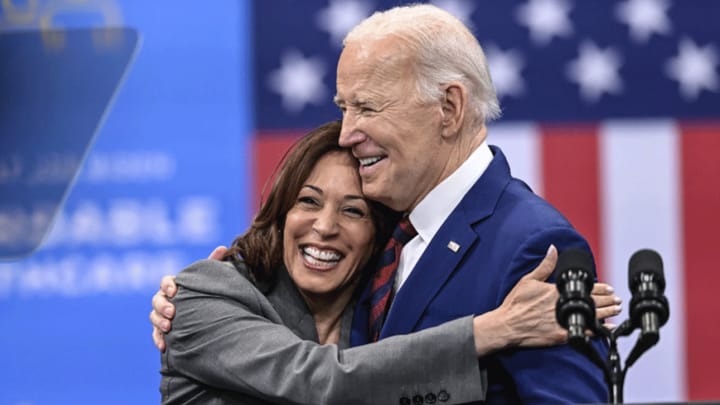
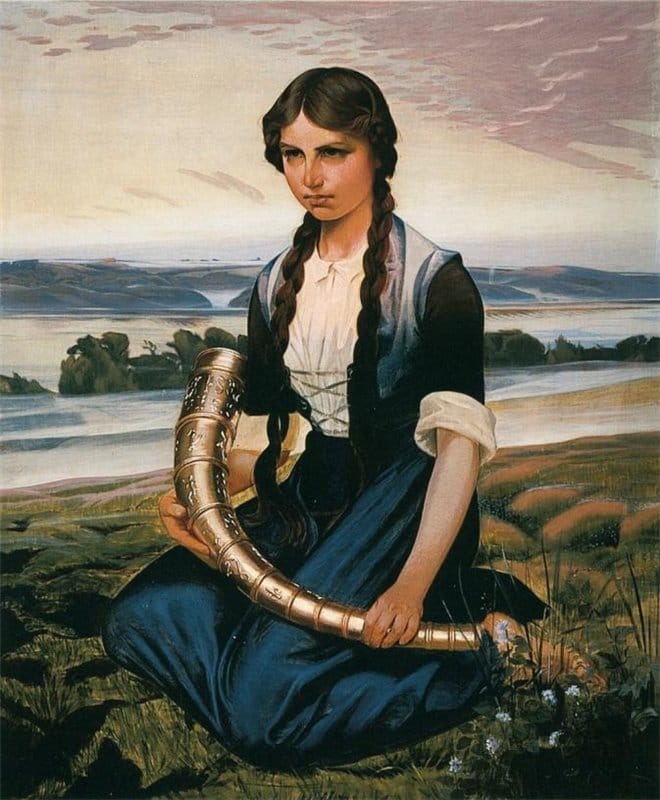
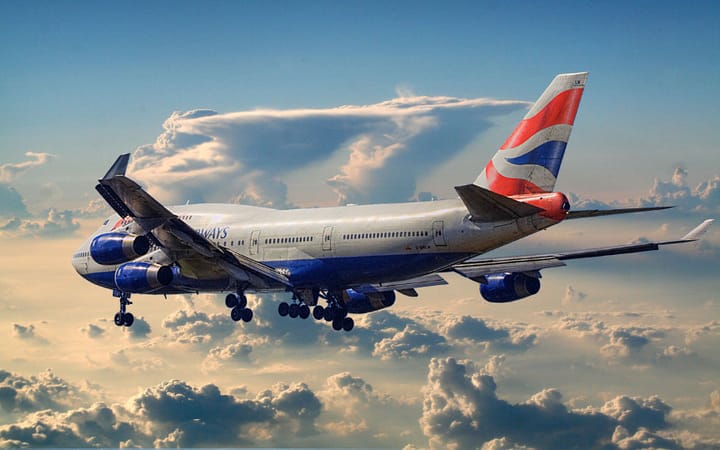
Comments ()